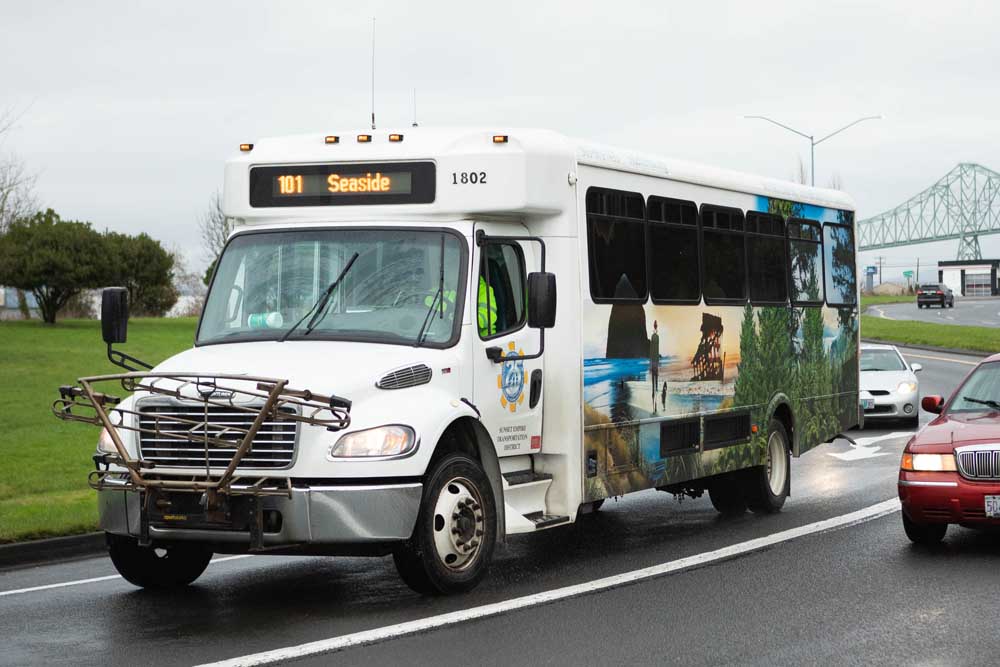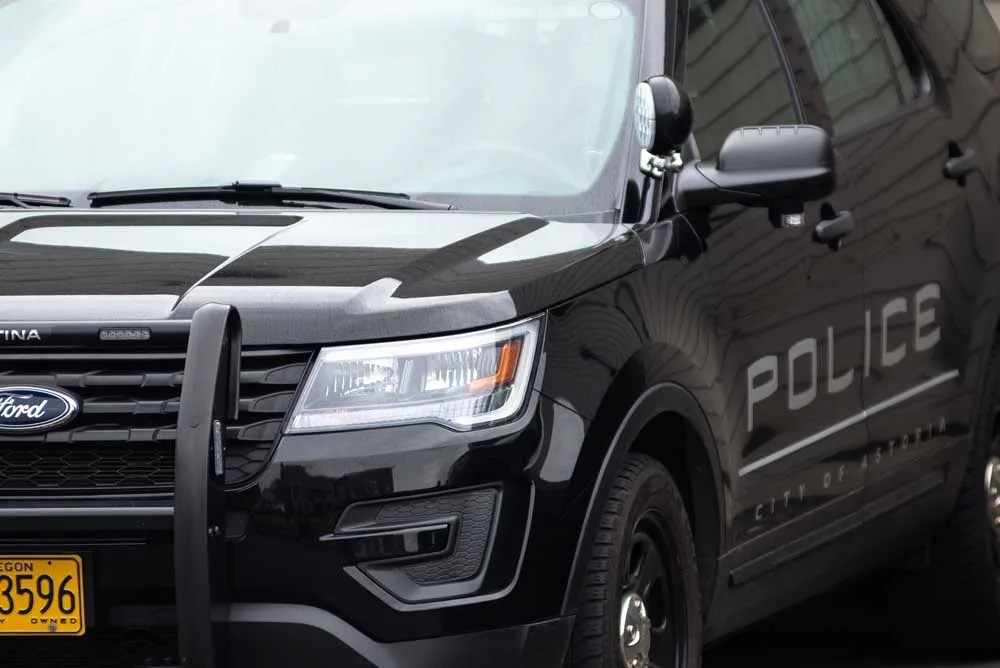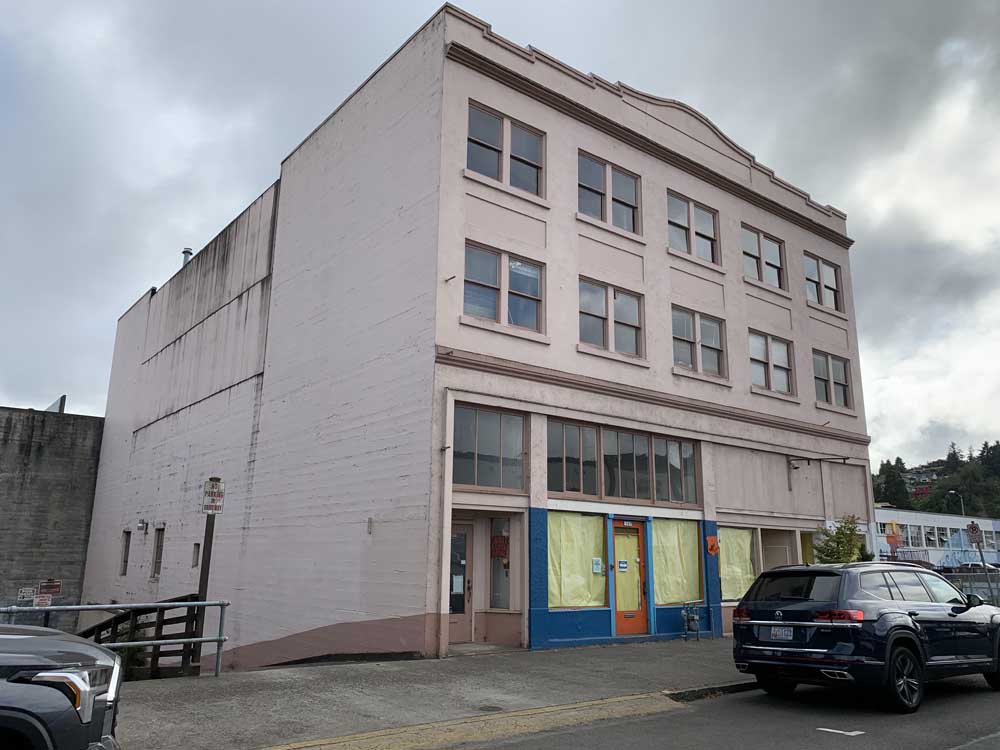Transit district receives $50,000 for microtransit pilot program
Published 9:45 am Friday, December 6, 2024

- Sunset Empire Transportation District will launch a microtransit pilot project.
The Sunset Empire Transportation District is looking to move forward on a microtransit pilot program with the help of a new $50,000 grant.
Microtransit is a flexible, on-demand transit service where participants use technology like an app to schedule rides.
In the spring of 2023, the transit district experienced a financial collapse that led to the temporary suspension of bus service and other operations. Jennifer Geisler, the district’s chief operations officer, said microtransit could play an important role in filling gaps as they work to rebuild.
“Even after and especially after the shutdown and coming back into service, we aren’t meeting what we used to do,” Geisler said in a presentation to the district’s board on Thursday. “And then there are also other parts of our community that we have never reached or still reach or don’t reach at all. So microtransit does offer efficient, shorter trips in those underserved or unserved areas.”
In some instances, Geisler said she’s seen students in Cannon Beach unable to attend classes at Clatsop Community College because of gaps in the bus schedule. Jason Jones, the transit district’s mobility manager, has seen other situations where an individual has had to travel for hours just to get to a 30-minute appointment in Astoria from Cannon Beach.
The goal of the microtransit pilot program is to explore options for expanding transportation access across the community, including for people in rural areas outside of fixed-route services, people without cars, older people and people with disabilities, students and people who work nontraditional shifts. Those goals align with needs recently identified in a community health needs assessment by Providence Health & Services surrounding access to care and services in Seaside.
On Thursday, the transit district’s board approved a $50,000 grant agreement with Providence.
Geisler and Jones have already been working behind the scenes to get the pilot program up and running, but they expect to see tires on the ground early next year. To start, they’ll be working with just five participants for one ride a week in Seaside — an area where bus services have a several-hour layover in the middle of the day. From there, they’ll add in about 20 additional participants.
The program will initially rely on existing paratransit vehicles and drivers, although participants don’t need to meet the same requirements as paratransit riders.
Over the course of the year, Geisler and Jones hope to form additional partnerships, make refinements to the program, develop policies and guidelines and work on training and validation with staff and pilot participants. Additional sources of funding and a more specific dollar amount for the program are still in the works.
For those without access to the transit district’s regular bus routes, microtransit could offer an affordable alternative. Jones said the intention is to keep fares for microtransit services similar to fixed-route fares.
“A taxi ride will cost them $15 to $20 one way,” Jones said. “This will help those people who cannot access their system, especially older adults, people with disabilities.”
He added that he sees the pilot program as an opportunity to reconnect people with the community.
“When we deal with people who have not been able to get to the fixed route, who are really looking to access their community, some of them are desperately trying to access their community,” Jones said. “This is going to give them that opportunity to do that and to explore more of the horizons for them.”





